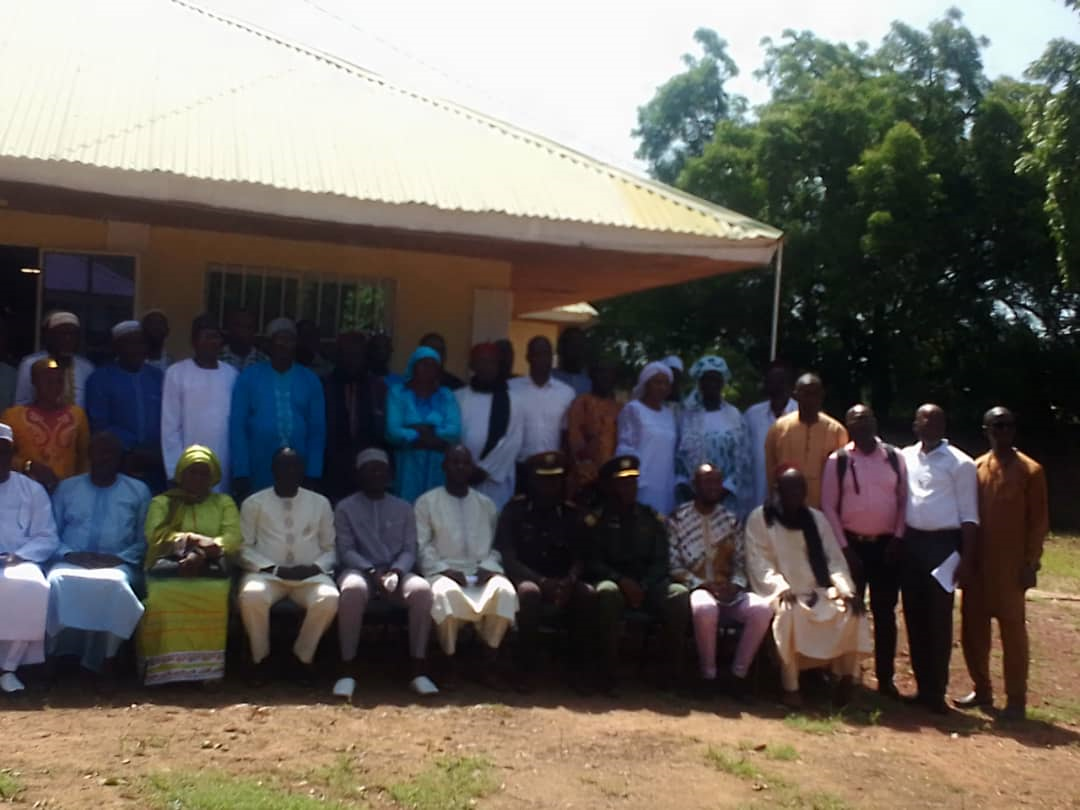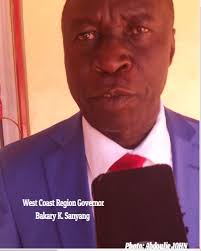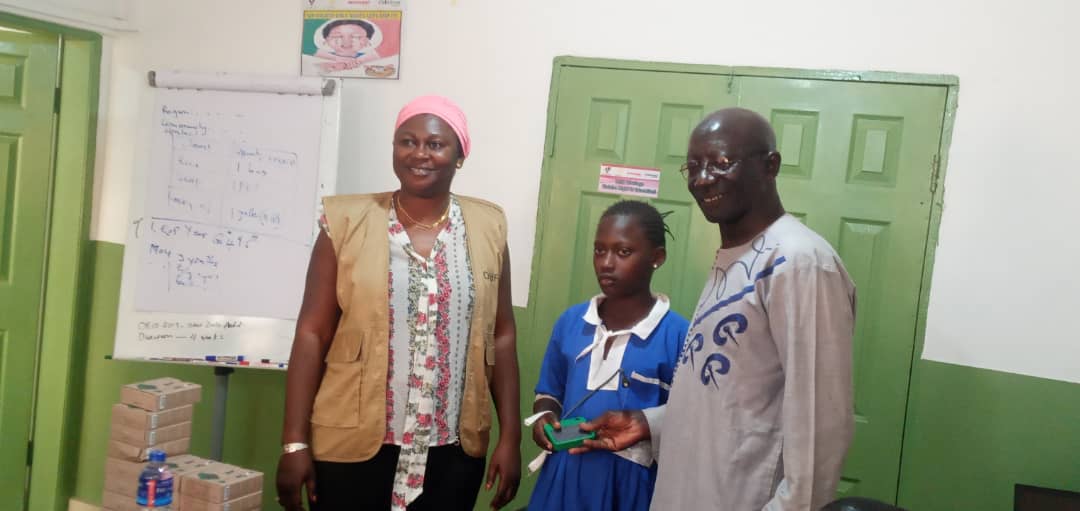The Governor of the Lower River Region Hon Seedy LaminBah has strongly challenged all Gambians to adopt a culture of paying taxes on time. This he said will allow the government to provide the much-needed development for its citizenry.
He made this remark while presiding over the official opening of a two-day organised sed tax seminar with regional authorities and the business communities in LRR.
The overall objective of the seminar was to sensitize and deepen the participant’s understanding of their rights and obligations in the process of mobilizing revenue to support national development programs.
The two-day event was organized by GRA under the Compliance and Taxpayers Education Unit and supported by the French Agency for Development (AFD).
Declaring the opening of the seminar, Governor Bah expressed delight and said they are aware of the importance of tax for the fact that without taxes “it is difficult to develop this country”.
According to Governor Bah, the Gambia is not well blessed with natural endowments “where we could have tapped other resources for the development of the Gambia.”
He, therefore, praised GRA for organizing this sensitization seminar for district Authorities and business communities to better understand the types of Laws that GRA administers, roles, and mandates in national development.
He also stated that it is an undisputable fact that Gambia is a tax-based economy and it is prudent for everyone to pay his or her taxes for national development.
He cited that the government attaches a high premium to timely payment of taxes to implement various projects in the best interest of the citizenry.
“Tax collection is everybody’s responsibility in the sense that Government needs to collect tax to develop our country, predominantly we are an agricultural nation” but not everybody can do agriculture at a better life level,” he disclosed.
The Governor added that” the government cannot effectively and efficiently implement vibrant projects and programs without using the monies collected from the taxpayers. Therefore, this important attachment to this forum cannot be overemphasized for the fact that this will go a long way in deepening the taxpayers’ knowledge of the value of money and how their money is used for national development.”
For his part, John S.L Gomez director of Internal Audit at GRA deputizing the Commissioner General; said this seminar is part of the stakeholder engagement with taxpayers and the general public about the Mandates of GRA and its role in economic development as enshrined in the revenue laws.
“This engagement is also part of GRA’s current corporate strategic plan 2020-2024 Goal, optimize client service delivery for improved customer relation and corporate image,” he added.
The deliberations were centered on the Gambian tax system, the accompanying revenue laws, the taxpayers’ obligations, and rights as well as the reforms initiatives implemented by the Authority to enhance efficiency in the revenue collection process.
He expressed hope and confidence that this forum will generate remarkable understanding and cooperation between GRA, LRR Regional Authorities, and the business community which will go a long way in enhancing voluntary tax compliance, among others.
Gov’t Launches Multi-Million Dollar Project to Avert Climate Change in Fishery Sector
The Government of the Gambia through the Food and Agriculture Organization (FAO), on Tuesday, 22nd August 2023 launched a multi-million dollar project to avert Climate Change in the Fishery Sector.
The Project Funded by the Green Climate Fund (GCF) Ministry of Agriculture, Ministry of Fisheries, Water Resources and National Assembly Matters (MoFWRNAM ), and FAO is set to benefit about 168,000 vulnerable women and men across the country.
“The Gambia fisheries sector is facing numerous challenges from climate change impacts including the threat to the livelihoods of the poor fisher folk, decreasing availability of fish as a main source of protein for the nutrition of Gambians,” Minister of Fisheries Hon. Musa Drammeh told the gathering at Sir Dawda Jawara Kairaba Conference Centre.
Minister Drammeh also said the project will directly support 167,634 vulnerable Gambians within the fisheries value chain, 52.4% of whom are women, to adapt to the impacts of climate change.
This he said will improve their livelihoods through climate-resilient aquaculture, climate-proofing of small-scale fisheries infrastructure, and through fisheries habitat restoration.
“I am convinced that this project will make a significant difference in the lives and livelihoods of the fisher folks in the fisheries communities particularly rural women.” He, therefore, assured his Ministry’s support and collaboration during the implementation of the project.
FAO Representative in the Gambia, Moshibudi Rampedi, “PROREFISH Gambia is a $25 million six-year initiative, the Green Climate Fund has granted USD17.2million and the Government of the Gambia through the Ministry of Fisheries, Water Resources and National Assembly Matters and the Ministry of Agriculture will provide USD 7.8 million as co-finance,” she revealed.
She pointed out the project that the project will be a catalyst by offering best practices that can be replicated and scaled up in other countries dependent on fisheries for economic betterment as well as food and nutrition security.
The FAO Rep noted that the success of the project will be measured through increased resilience and enhanced livelihoods, increased resilience of infrastructure and built environment to climate change threats, improved resilience ecosystem, and reduced emissions from land use.
National Association of Artisanal Fisheries Operators, Secretary Dawda Foday Saine, expressed gratitude that the project considers sustainable fishing as crucial to maintaining healthy oceans and a stable food system.
“Transboundary and commercially exploited aquatic species, such the small pelagic, are important resources for our sub-region and require strengthened cooperation among different countries and stakeholders toward sustainable utilization of these resources.”
Other speakers include the Minister of Finance, United Nations Resident Coordinator, Permanent Secretary MoFWRNAM, and the GCCI CEO Rep.




